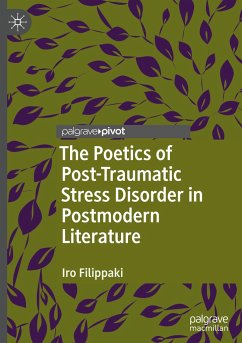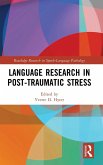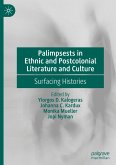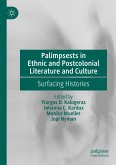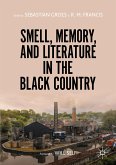The Poetics of Post-Traumatic Stress Disorder in Postmodern Literature provides an interdisciplinary exploration in early medical trauma treatment and the emergent postmodern canon of the 1960s and 1970s. By identifying key postmodern literary tropes (paranoia, uncanniness, biomediation) as products of an overarching post-traumatic stress disorder (PTSD) narrative paradigm, this concise study reveals unexplored aspects of the canonical novels at hand-such as the link between individual and collective traumatization-highlights the presence of epic elements in postmodern narratives, and identifies the influence of emerging psychiatric treatment on the post-WWII novels at hand. Performing a medical humanities reading of Thomas Pynchon's Gravity's Rainbow (1973), Kurt Vonnegut's Slaughterhouse-5 (1969), and Joseph Heller's Catch-22 (1961), this book introduces a novel way of examining trauma at the intersection of narrative, history, and medicine and recalibrates the importance of postmodern politics of transformation, while making the case for an aesthetics of trauma. By examining the historico-political developments that dictated the formation of PTSD in the wake of the wars in Korea and Vietnam, this book argues that the perception of PTSD symptoms directly influenced aesthetic and literary tropes of the Cold War era.
Bitte wählen Sie Ihr Anliegen aus.
Rechnungen
Retourenschein anfordern
Bestellstatus
Storno

